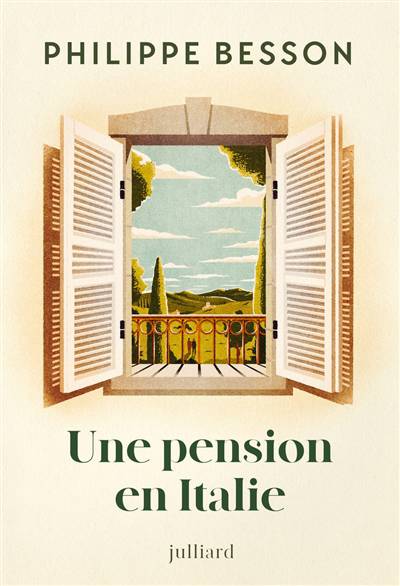
- Retrait en 2 heures
- Assortiment impressionnant
- Paiement sécurisé
- Toujours un magasin près de chez vous
- Retrait gratuit dans votre magasin Club
- 7.000.0000 titres dans notre catalogue
- Payer en toute sécurité
- Toujours un magasin près de chez vous
Description
W.H. Auden is unquestionably one of the most fascinating and influential literary figures of the twentieth century. His formal innovations in poetry and drama have immeasurably affected modern literary consciousness, as have his reactive views about political and literary trends. At the time he wrote The Prolific and the Devourer, Auden was moving away from his vocal Marxism of the 1930s toward a committed Christianity in the 1940s and beyond. The Prolific and the Devourer sheds new light on the personal and public worlds he inhabited, philosophically drawing the line between the position of the artist and that of the politician. The book takes its title and, in part, its form from William Blake's The Marriage of Heaven and Hell. In Auden's interpretation, the Prolific are those who produce: the farmer; the skilled worker; the scientist; the cook; the innkeeper; the doctor; the teacher; the athlete; the artist. The Devourers are the political types who depend on what is already produced for their well-being: the "Judges, Policemen, Critics. These are the real Lower Orders, the low, sly lives, whom no decent person should receive in his house." As in Blake, the sections and subsections of Auden's book are unified and propelled by the oracular need to express the key components of human nature. The first section contains a series of aphoristic statements and personal reflections that usher us into the enormous territory to be explored. In the second section, Auden chooses examples from politics, religion, and literature to expound his views on human and historical evolution. The third section examines the characters of the Prolific and the Devourer in relation to Catholic, Protestant, andRomantic traditions and to Socialist and Fascist beliefs. The question and answer form employed in the final section allows Auden to reveal his inner struggle to reach some understanding of God, the supernatural, and pacifism. At a time when spiritual and political values are co
Spécifications
Parties prenantes
- Auteur(s) :
- Editeur:
Contenu
- Nombre de pages :
- 112
- Langue:
- Anglais
Caractéristiques
- EAN:
- 9780880014656
- Date de parution :
- 01-06-96
- Format:
- Livre broché
- Format numérique:
- Trade paperback (VS)
- Dimensions :
- 128 mm x 191 mm
- Poids :
- 131 g

Seulement chez Librairie Club
+ 47 points sur votre carte client de Librairie Club
Les avis
Nous publions uniquement les avis qui respectent les conditions requises. Consultez nos conditions pour les avis.







